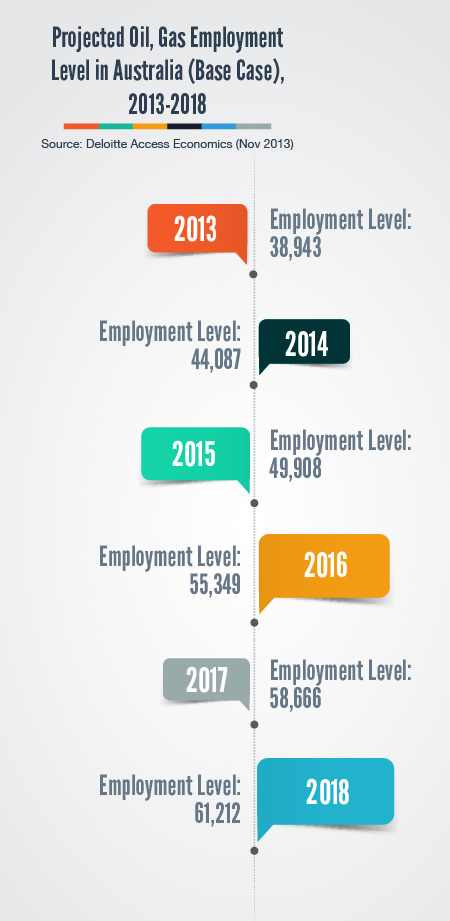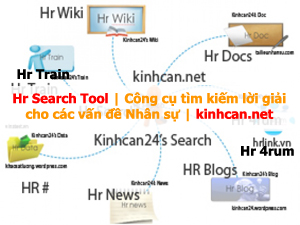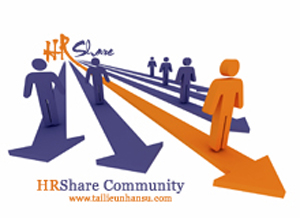There are ways to break the habit of saying yes and get your life back, without giving up your career goals.
When did “no” become a four-letter word? It seems like only yesterday when Nancy Reagan was on a very special episode of “Diff’rent Strokes” to talk to Gary Coleman about the virtues of saying no. (Those were the days, eh?)
If only the former first lady were around today to speak with today’s working professionals about just saying no at work. In addition to steering them away from drugs, she could also advise them to steer clear of taking on extra work, which (not unlike drugs) can so often take a toll on workers’ stress levels and productivity.
Despite their already full workloads, tight deadlines and packed schedules, many working professionals have a hard time saying no, for fear of missing out on opportunities and damaging their professional image. Contrary to popular belief, however, saying no doesn’t have to be a bad thing. In fact, it can be incredibly empowering, says Scott Fetters, founder of High Five Digital Marketing.
“Saying no is your battle shield for deflecting distractions, staying true to yourself and sticking to the course,”Fetters writes.
Not to mention that it’s also one’s right to say no. Saying no, however, does not come easy -- especially in the workplace.Women in particular have a hard time saying no -- perhaps due to a learned habit of trying to please everyone or an inherent fear of hurting other people’s feelings. Fortunately, there are ways to break the habit of saying yes and get your life back, without giving up your career goals.

Six ways to say no at work and still get ahead:
1. Shift your mindset. Don’t think of saying no as giving up or giving in. Look at it as a way to free up time for what’s truly important to you. “Some of us have a hard time saying no because we hate to miss an opportunity,”says HBR’s Peter Bregman. But saying no isn’t about missing an opportunity -- it’s about making a choice and opening yourself up to a different opportunity.
2. Take pride in saying no. Many people hesitate to say no for fear of losing respect from colleagues or their manager, when in reality, saying no can have the opposite effect. Saying no “shows you have a vision, a plan and an opinion,” Fetters says.
3. Be clear. One of the reasons women hate to say no is fear of hurting someone else’s feelings. But when you say no, you’re not rejecting that person -- just the request. So be clear and explain -- honestly -- why you’re rejecting the request.
4. Don’t feel guilty. Remember: You have a right to say no. Don’t feel guilty for saying no. After all, if you say yes to work and you don’t have the time, resources or energy needed to produce a quality result, isn’t that more unfair to the person whose request you’re accepting than saying no?
5. Choose the right words.When saying no, use the phrase “I don’t” instead of “I can’t,” which research shows is a more effective way to say no. As Heidi Grant Halvorson, director of the Motivation Science Center at Columbia University, explains, “‘I don’t’ is experienced as a choice, so it feels empowering. It’s an affirmation of your determination and willpower. ‘I can’t’ isn’t a choice … [It] undermines your sense of power and personal agency.”
6. Know when to say yes.Say yes only to the projects you truly want to take on, says career expert Lindsay Olson. “Before you say yes to something,” she suggests, “pause a moment and ask yourself whether this is truly something you want to do, or whether you simply feel obliged to say yes to it.”
(Picture Source: Internet)
HRVietnam - Collected
Deloitte: Time Right to Reinvent human resources Profession in Oil, Gas
The human resources (HR) profession can take advantage of Australia’s changing oil and gas marketplace to evolve and improve how it meets the demands of the industry, according to Julie Harrison, human capital partner at Deloitte Australia.
Ahead of the professional services company releasing its 2015 Global Human Capital Trends this month, Harrison provided an insight into the top five issues and challenges facing the Australian oil and gas industry:
- leadership
- culture engagement
- learning and development
- workforce on demand
- reinventing HR
Despite being fairly consistent with the trends of previous years the extent of how important each issue currently is has adjusted to reflect an Australian industry now in a transitional phase.

Major projects in the country’s booming liquefied natural gas (LNG) industry are largely moving from construction to operations, while significantly lower commodity prices have forced substantial labor and cost cutbacks at all levels.
Timely for HR Reinvention as Australia’s LNG Sector Moves into Operations
Harrison believes this has created an opportunity for reinvention from a human capital perspective as the growing importance of leadership, organizational culture, and learning and development come to the fore.
“The timing is right to really take a good look at HR and do some great work to reinvent it by making sure it is really focused on being part of the business strategy,” Harrison told Rigzone on the sidelines at the Australasian Oil & Gas (AOG) Exhibition & Conference in Perth this week.
“Looking at commodity prices you have to be really focused on the size, scope and scale of the HR function, and what is right for the business and the environment.
“This would really be a great thing for the HR function to be doing, to be on the front foot about it instead of being forced to do it by the business.”
Deloitte’s research for the report has involved surveys and interviews with more than 3,300 business and HR leaders from 106 countries, with oil and gas a prominent industry reviewed in Australia.
Deloitte Emphasize Need for HR Professionals to Broaden Skillsets
From the Australian findings Harrison said it was clear that HR professionals needed to broaden their skillsets to become a more valuable asset to help oil and gas companies overcome the challenges.
“Companies are needing absolute specialists from a HR perspective and need to make sure that their HR business partners are acting very much as strategic business partners,” Harrison explained.
“Are they acting as HR analysts or business partners that are really helping to drive and align the business strategy?
“There are organizations that do this well and there are some fairly senior HR people that do it well, but generally speaking most are still on the backfoot and seen in the main as service deliverers, as opposed to really coming into the 21st century and being proactive.”
Harrison added that HR professionals were being challenged to move beyond what was comfortable to adopt new skills, with improved knowledge of operational data and analytics a key focus area.
“They are actually really valuable skillsets in HR and will help them to be more aligned to where the business is going,” Harrison explained.
“Looking at the style of organizations in the oil and gas industry they still seem to be very engineer centric, and engineers love data in general, so it becomes how do we from a HR perspective become more comfortable with the idea of using data to make decisions, which is what organizations are really looking for.”
By effectively achieving this reinvention oil and gas companies would, of course, improve productivity and lower costs within the business, Harrison continued.

With Australia falling behind its counterparts in both areas Harrison expected development from HR in this area to help the local industry efficiently move into the operational phase of LNG and adjust to the current market environment.
“The whole idea of directing employee engagement is fundamentally important, as is understanding cost structures,” Harrison said.
“Negotiating different deals as you move from major capital projects to operations, with different employment contracts, you can actually reduce costs as opposed to the project related costs. Those directives are what we are starting to maintain to manage the costs associated with that.”
By Ben Creagh | Rigzone Contributor | rigzone.Com










0 comments:
Post a Comment